A council-run scheme, which helps speed up discharges for medically fit patients from King's Mill Hospital is to be extended for another two years.
Mansfield District Council's ASSIST Hospital Discharge Scheme works in partnership with King's Mill Hospital Clinical Commissioning Group (CCG) and Nottinghamshire County Council and has been assessed to save the NHS £1.4m a year by freeing up beds through ensuring patients can be discharged to a safe and suitable place in the community.
On Friday 23 April, the council's Portfolio Holder for Corporate and Finance, Cllr Craig Whitby, approved an extension of the scheme which will see the Sherwood Forest Hospitals NHS Foundation Trust contribute £240,000 and the CCG adding a £60,000 over the next two years.
It is estimated, through an external independent evaluation, that the ASSIST Hospital Discharge Scheme can save the public purse in the region of £1.4m annually by reducing the number of days that medically fit in-patients stay in hospital or by preventing avoidable re-admissions to hospital.
The council's Head of Housing, Jill Finnesey, said: "We are very pleased this funding has been agreed to continue to support the ASSIST Hospital Discharge Scheme for another two years.
"This scheme has been a huge success since it was set up in 2014 with many positive outcomes for both the hospital and the patients helped by ASSIST scheme, some of whom are homeless.
"It makes good sense to ensure that patients who can be discharged from hospital are able to leave without delay into suitable accommodation or with the right support to meet their needs.
"This is not only best for them but also the hospital which can use their bed for another patient needing urgent medical intervention."
Members of the council’s ASSIST team work with the hospital, with other council departments and with neighbouring housing authorities, support providers and private landlords to secure suitable accommodation for vulnerable patients who are medically fit to leave hospital.
The team ensures that any minor adaptations needed to a patient's home are carried out speedily and that support provisions are in place, such the Lifeline monitoring service or other telecare and assistive technology.
They also help with medication deliveries, moving furniture to accommodate hospital equipment and with 'safe and well at home' checks.
Jill Finnesey added: "We help a wide range of people through ASSIST. It could a homeless person with complex needs or, for instance, an amputee whose existing home no longer meets their needs.
"What we try to do is make sure that when a person is discharged from hospital, their living conditions are such that it helps to prevent re-admission due to unsuitable accommodation. This includes those who are prone to falls and may have stairs at home.
"Other people may have mental health needs which require a holistic approach from various agencies as well as practical and financial help in getting back on their feet."
Another element of the ASSIST service is Lifeline which provides a 24/7 phone-based monitoring service for vulnerable people living on their own. It is a subscription service.
During March, the Lifeline answered 6,840 calls. Of these 54 were medical emergencies, seven were fires and 65 were falls.
When a Lifeline client presses their pendant button or calls the service, their named carers may be alerted while phone operators reassure the caller that help is on the way. Sometimes clients are simply feeling lonely and just need a friendly chat.
If an operator believes there is an emergency situation, they will contact the 999 service for an ambulance, fire service or police.
In one case, on 17 March, a resident unable to move after collapsing was able to press his Lifeline pendant and speak to a call operator to say he had severe chest pains.
Lifeline immediately called for an emergency ambulance which reached the man and was able to offer successful first aid for a heart attack. He is now recovering well.
In another case, in February, while a Lifeline system was being installed at a client's home, the officer in attendance became concerned after finding the client in bed and struggling to make food and drink due to exhaustion. Nottinghamshire social services were contacted to make arrangements for urgent action.
Twice daily carer visits were put in place to offer support with meals and drinks. Meanwhile, ASSIST carried out weekly safe and well checks.
A few weeks later the client was a lot brighter, and was strong enough and mobile enough to live independently without the carer visits but wanted to continue receiving support via the ASSIST befriending service.
Anyone interested in the ASSIST service or the Lifeline service should check the council website (link opens in new window) or call the ASSIST office on 01623 463076.
